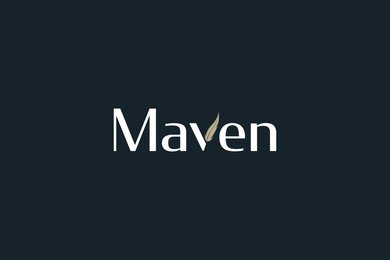Author - Helen Cooke, CEO, MyPlus
Many of us find sharing personal information difficult. We can find it challenging to tell our friends, let alone someone we don’t know, about difficult relationships, money difficulties, poor health, and so on. So imagine how difficult it is to tell someone we have never met before about our disability or health condition. Yet this is the challenge facing students as they apply to organisations that want them to be open about their disability.
Employers want students, and indeed employees, to be open about their disability for a number of reasons including to monitor progress towards targets, to measure Return on Investment, to report on their statistics, for benchmarking reasons, and so on. However none of these reasons resonate with the students themselves. The only reason that a student will be open is if there is a benefit to them – that they can get the support and adjustments that they require during the recruitment process.
In research carried out by MyPlus Consulting, it was found that 76% of disabled students would prefer not to inform an employer about their disability. The reasons were wide ranging however not surprisingly the most common reasons included:
Fear of discrimination
Being seen as a hassle or nuisance
Not knowing how the information will be used
Confidentiality reasons
Not wanting to be treated differently
Until employers address these concerns, and educate them about the benefits of being open, students will continue to choose not to be open. The following 6 steps will encourage students to be open:
Step 1 – Tell them that you value talent
Since students fear being discriminated against you need to reassure them that you value talent regardless of whether or not someone has a disability. They need to know that if they have a disability or long-term health condition they will still be wanted if they have the skills and competencies required for the role
Step 2 – Tell them how you use the information that they share with you
In the application form you may ask an applicant if they require any support and on the Equal Opportunities form you ask if they have a disability. However rarely do you explain why you are asking for this information or how it will be used. Explaining both of these will help students feel more comfortable being open with you.
Step 3 – Reassure them of confidentiality
Students fear that if they tell you their personal information that you will pass it on and that everyone will know their ‘secret’. By reassuring them of confidentiality and informing them that this information will not be shared with anyone unless they have given their permission will build their confidence to be open with you.
Step 4 – Choose your language carefully
When employers ask students to ‘disclose’ or ‘declare’ their disability it is not surprising that they don't wish to do so. Such terms make it sounds as if they have a horrible secret that they are trying to hide. Instead ask them to ‘tell’ or ‘inform’ or ‘share’ information.
Step 5 – Use case studies to build your credibility
No organisation is going to say that they discriminate against disabled applicants so to build your credibility you have to prove that you do what you say you do. The most effective way to do this is to have others in your organisation talk about their experience – include case studies of employees talking about how they benefited from being open and the support that they were able to access.
Step 6 – Make it easy and personal
And finally, make it easy for them to tell you by providing space on the application form, providing the personal email and telephone number of a named individual for them to contact and ensure all correspondence asks them to contact you if they need adjustments and support.




































